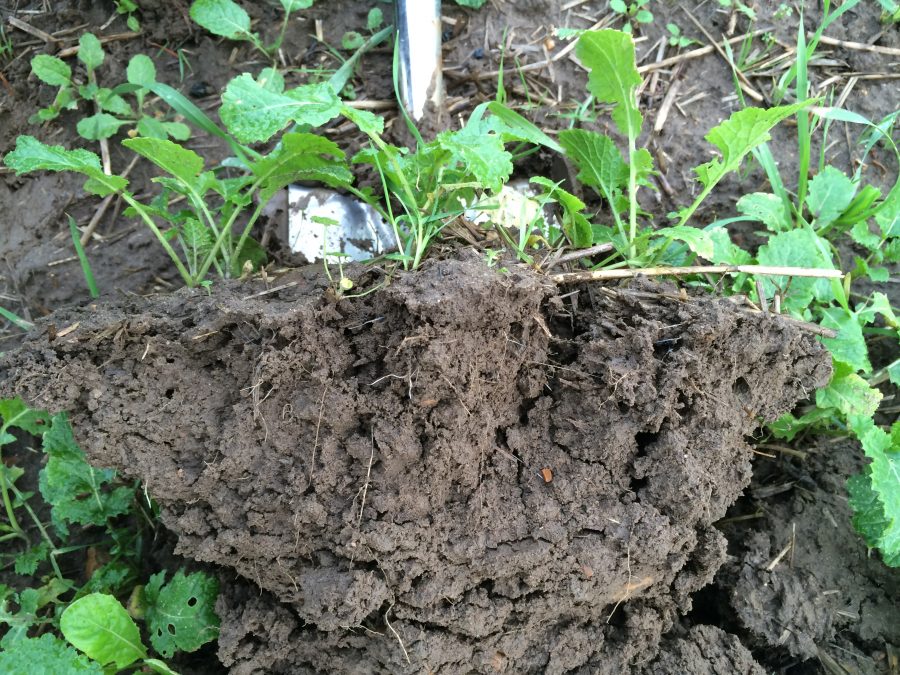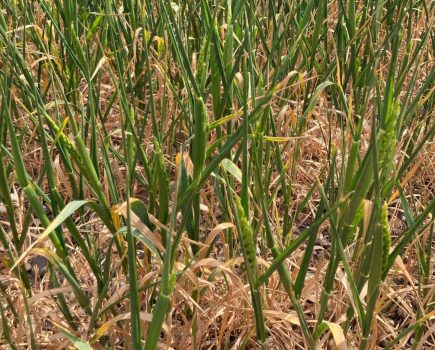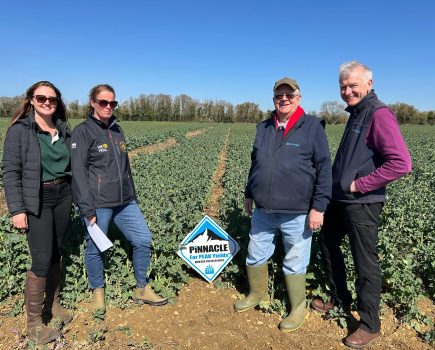Farmers joining the new Sustainable Farming Incentive (SFI) are being advised to make sure they do not incur unnecessary costs during the application process. Hutchinsons Agronomist Lizzie Batt explains…
In some situations, such as where a land agent or consultant is handling the completion of the necessary forms, there is a risk that farmers could pay once for this process, then face further charges from agronomists with the technical expertise required to complete the necessary actions. In the case of the soils standard, this might mean completing the soil management plan or conducting soil health tests.
“The issue with other agri-environmental schemes in the past has been the lack of interaction with the agronomist, but the SFI standards are very much agronomist-led,” she said.
“You need someone with the knowledge, expertise and qualifications to have the technical discussions about the options available, assist with the application process and conduct the actions required for each standard.”
The SFI arable and grassland soils standards, for example, require soil assessments, a soil management plan and, at the intermediate levels, the inclusion of multi-species cover crops or herbal leys. Making these options work properly for individual farms invariably requires in-depth discussions about topics such as species selection, rotational impact, potential risks and benefits to following crops or options for building soil organic matter, she explained.
Furthermore, DEFRA plans for the forthcoming integrated pest management (IPM) and nutrient management standards, due to be launched this summer, will see farmers paid to take BASIS-qualified advice on IPM and get a nutrient management assessment and report from a FACTS-qualified advisor.
“An agronomist has the technical expertise to talk through all of the options available, the actions needed and how they will all fit together in a whole-farm situation. It’s more technical than just ticking a few boxes – it’s a whole-farm approach at field level,” she said.
Lizzie added that the Omnia digital farming platform, together with the Omnia Scout app, provided ideal tools for recording and completing all information necessary to meet SFI soils standard requirements in a functional and easy way. Users can also easily generate a report summarising the information required for compliance.
Omnia can also assist with nutrient planning, and the team will continue to develop the system to ensure it remains up-to-date as SFI scheme requirements change.
“If farmers get onto this now, they will be well set up for when the next standards are launched in coming months,” she added.
“I truly believe that the SFI is the right way forward; it’s hugely beneficial to the environment and to the farmer and may also allow some farmers to get the much-needed recognition for things they’ve been doing on farm for many years.
“It’s so important all farmers engage with the SFI process this year, as there will be a big drop in BPS during 2023. The SFI will go some way to helping plug that gap, either directly or indirectly through the productivity improvements that may be possible from taking up some of these options. Farmers have to engage with their agronomist to make sure everything is done properly.”







